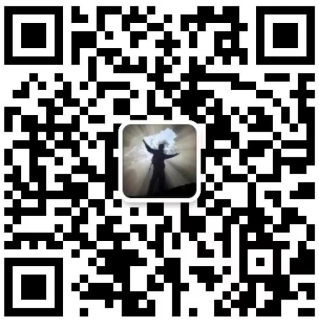正文复制
高中生的英语演讲稿二分钟
高中生的.英语演讲稿二分钟1now i think at this point it's important for me to say that i actually love extroverts. i always like to say some of my best friends are extroverts, including my beloved husband. and we all fall at different points, of course, along the introvert/extrovert spectrum. even carl jung, the psychologist who first popularized these terms, said that there's no such thing as a pure introvert or a pure extrovert. he said that such a man would be in a lunatic asylum, if he existed at all. and some people fall smack in the middle of the introvert/extrovert spectrum, and we call these people ambiverts. and i often think that they have the best of all worlds. but many of us do recognize ourselves as one type or the other.
and what i'm saying is that culturally we need a much better balance. we need more of a yin and yang between these two types. this is especially important when it comes to creativity and to productivity, because when psychologists look at the lives of the most creative people, what they find are people who are very good at exchanging ideas and advancing ideas, but who also have a serious streak of introversion in them.
and this is because solitude is a crucial ingredient often to creativity. so darwin, he took long walks alone in the woods and emphatically turned down dinner party invitations. theodor geisel, better known as dr. seuss, he dreamed up many of his amazing creations in a lonely bell tower office that he had in the back of his house in la jolla, california. and he was actually afraid to meet the young children who read his books for fear that they were expecting him this kind of jolly santa claus-like figure and would be disappointed with his more reserved persona. steve wozniak invented the first apple computer sitting alone in his cubical in hewlett-packard where he was working at the time. and he says that he never would have become such an expert in the first place had he not been too introverted to leave the house when he was growing up.



